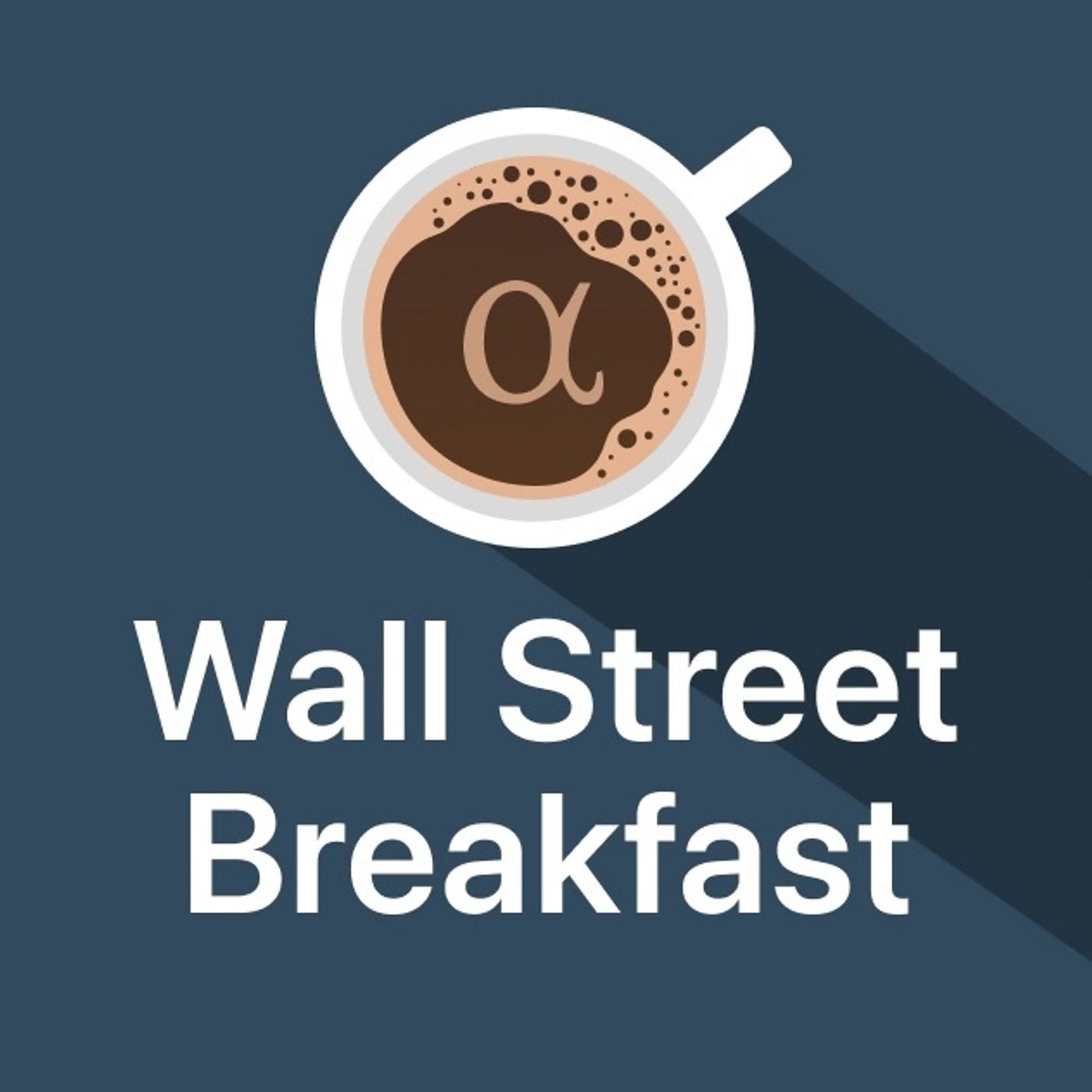
Description
Stocks plunge as tariff uncertainty, growth fears prompt big risk-off move. (0:15) XPeng promises flying cars and humanoid robots in '26. (3:58) Hedge funds bail on China trade. (4:55)Show NotesHas the government forgotten what a real recession is? Episode transcripts: seekingalpha.com/wsb Sign up for our daily newsletter here and for full access to analyst ratings, stock quant scores, dividend grades, subscribe to Seeking Alpha Premium at seekingalpha.com/subscriptions.
Audio
Featured in this Episode
No persons identified in this episode.
Transcription
No transcription available yet
Help us prioritize this episode for transcription by upvoting it.
0
upvotes
Popular episodes get transcribed faster